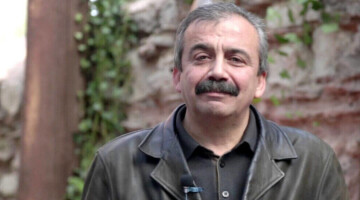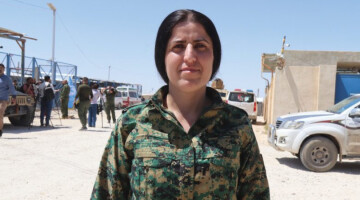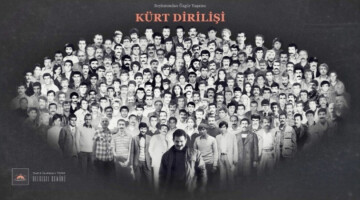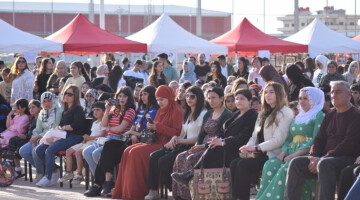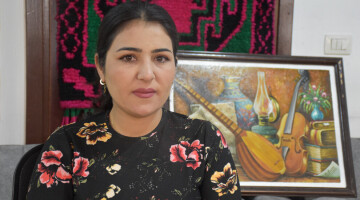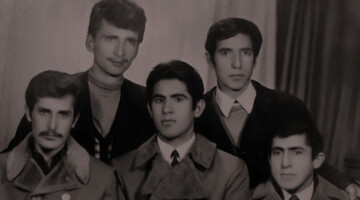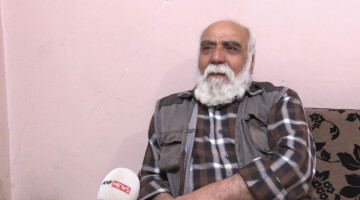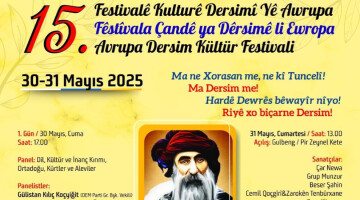Kurdish singer and composer Seîd Yûsiv (Said Youssuf) was laid to rest with great sympathy in the north-eastern Syrian city of Qamishlo. The "Prince of Tembûr", as he is called by Kurds, or for the Arab-speaking population of the region the "Prince of Buzuq", spent his last three months in a hospital in Istanbul. On 26 February, at the age of 73, he lost his battle against cancer. He leaves behind a rich musical heritage.
Seîd Yûsiv was born in 1947 in Qamishlo. Within Kurdish society he is considered a legend. For more than five decades, the lute player was committed to the development of Kurdish music and played an important role in giving a new style to traditional Kurdish music in Syria. He is considered to be the first to play Kurdish sages on a Syrian Buzuq and thus contributed to the establishment of this instrument within Kurdish music. Artists like Mihemed Şêxo were strongly influenced by him. Among his most famous works are the pieces "Qamişlo bajarê evînê", "Nêrgiz", "Kurdistan yan neman" and "Ey Newroz".

The Cultural Committee of the Autonomous Administration of North and East Syria said the following on the death of Seîd Yûsiv: "We are deeply saddened by the death of Seîd Yûsiv. The prince of Buzuq made an important contribution to the development of Kurdish music and deserves great recognition from all sides. His music will continue to deeply influence Kurdish music in the coming decades."
During his lifetime Seîd Yûsiv wished to be buried at his birthplace, the "city of love", as he called Qamishlo. He was buried today in the Qudurbeg neighborhood. His body was first transferred from Istanbul to Hewlêr (Erbil) in Southern Kurdistan. From there he was brought to Rojava via the Sêmalka border crossing.







